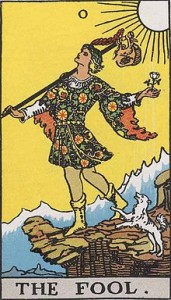Take Risks
 Writing means taking risks. If you’re not willing to take the risks, chances are your writing will be bland and boring – even to yourself. It takes courage to take such risks. Risk-taking can lead to self-discovery. Taking risks means there is the possibility of learning a truth about yourself. Maybe something you didn’t want to know.
Writing means taking risks. If you’re not willing to take the risks, chances are your writing will be bland and boring – even to yourself. It takes courage to take such risks. Risk-taking can lead to self-discovery. Taking risks means there is the possibility of learning a truth about yourself. Maybe something you didn’t want to know.
But most likely we’ll never discover a truth about ourselves that is too terrible to bear. We only fear we will. Or that we will expose something of ourselves to others that will be too terrible for them to bear, and we will be judged, perhaps rejected.
Sue Grafton warned us: “Often the writing process is filled with a sense of jeopardy.” But if you don’t risk anything, you risk everything.
My writing teacher told us “stay in the room.” Meaning, don’t let your characters or yourself leave the scene before it’s complete. In real life when there’s danger or conflict the safest action may be to hightail it, but in writing, safety is not a desired ingredient. So even if you have to take a few deep breaths and write paragraphs around what you need to say, “stay in the room” until you’ve written it. I once heard a story about a writer who tied the silk belt of his dressing gown to the arms of his chair so he would stay with it.
Interestingly enough, it is sometimes easier to take risks in writing when you’re writing in a group. Safety in numbers? Also, listening to the risks others take in their writing can mark a trail to your own cliff edges.
Risk writing something different—a different genre, write long if you always write short pieces, and vice versa, try fiction if you usually write nonfiction. Play with a twist on your usual style, a voice that’s been speaking to you in dreams. Take a chance on making a fool of yourself, writing something really badly (the first time). Risk telling the truth.
Cynthia Ozick said, “If we had to say what writing is, we would define it essentially as an act of courage.”
Take courage, be brave. It’s in taking the risks we find our true and honest voice.


